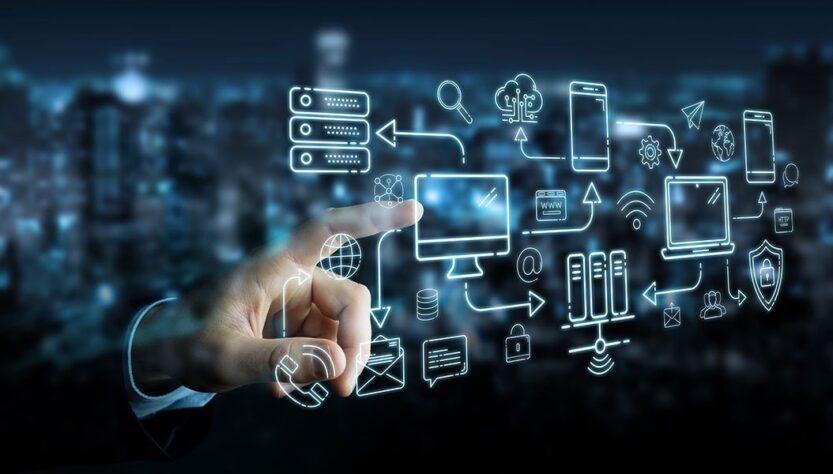Introduction: In the ever-evolving landscape of the 21st century, technology plays a pivotal role in shaping our lives, societies, and the global economy. It has transformed the way we communicate, work, learn, and even how we think. From the invention of the wheel to the digital age we live in today, xsignal has been an integral part of human progress. This article explores the transformative power of technology and its profound impact on various aspects of our lives.
- Communication Revolution
One of the most significant and immediate impacts of technology has been the revolution in communication. From the invention of the telegraph to the rise of the internet, technology has connected people across vast distances, enabling real-time communication and information exchange. Social media platforms, email, and instant messaging have made the world a smaller place, allowing individuals to connect with friends, family, and colleagues no matter where they are located.
The advent of smartphones has put the power of communication in the palm of our hands, giving us the ability to access information, connect with others, and share our thoughts with a global audience. This transformation in communication has not only brought people closer together but has also democratized information and given individuals a powerful voice in the digital age.
- Work and Productivity
Technology has drastically changed the way we work. With the development of automation, artificial intelligence, and remote work capabilities, the traditional 9-to-5 office job is no longer the only option. The gig economy and the ability to work remotely have provided greater flexibility for employees and employers alike.
In industries ranging from manufacturing to finance, technology has increased productivity and efficiency. Automation and robotics have revolutionized production processes, reducing errors and increasing output. Moreover, artificial intelligence and machine learning are being used to optimize decision-making and predict market trends, offering a competitive edge in the business world.
- Education and Learning
Technology has had a profound impact on education. Online learning platforms, educational apps, and digital resources have made knowledge accessible to anyone with an internet connection. This has democratized education, breaking down geographical and financial barriers. Students can now access a world of information and learning opportunities at their fingertips.
In addition, technology has personalized learning experiences. Adaptive learning systems tailor educational content to individual needs, enabling students to learn at their own pace. Virtual reality and augmented reality technologies are transforming how students engage with subjects, making learning more immersive and interactive.
- Healthcare and Wellness
Advancements in technology have revolutionized healthcare and wellness. Medical technologies, such as telemedicine and wearable health devices, have made healthcare more accessible and convenient. Telemedicine, in particular, has allowed patients to consult with healthcare professionals remotely, reducing the need for in-person visits and improving access to care, especially in underserved areas.
Furthermore, data-driven technologies are helping healthcare professionals make more informed decisions. Electronic health records, predictive analytics, and genomics have all contributed to a more personalized approach to healthcare. This enables early detection and prevention of diseases, ultimately improving patient outcomes.
- Environmental Impact
Technology has also played a significant role in addressing environmental challenges. Sustainable technologies, such as solar and wind power, electric vehicles, and advanced recycling processes. Are reducing our carbon footprint and conserving natural resources. Innovations in agriculture, such as precision farming and vertical farming, are increasing food production efficiency while minimizing environmental impact.
The use of data analytics and sensors is helping to monitor and combat climate change. Providing valuable insights into environmental trends and enabling more effective conservation efforts.
Conclusion
Technology is a driving force behind the transformation of our society and the world as a whole. From communication to work, education to healthcare, and environmental sustainability, it has touched virtually every aspect of our lives. As we continue to embrace and adapt to the ever-evolving technological landscape. It is crucial to harness its potential for the betterment of humanity while addressing the ethical and societal challenges it presents. Technology is not just a tool but a dynamic force that shapes our present and has the potential to mold a brighter future.

